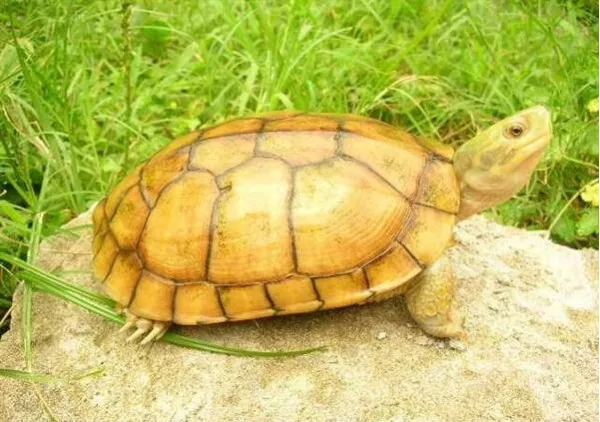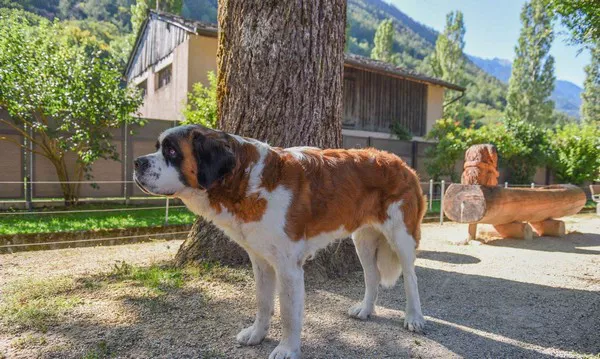Tortoises are herbivorous reptiles that require a balanced diet to maintain their health and well-being. One of the most common questions asked by pet tortoise owners is whether or not they can feed their tortoise cucumbers. While cucumbers are generally safe for tortoises to eat, there are some important factors to consider before adding this vegetable to your tortoise’s diet.
Nutritional Value of Cucumbers:
Cucumbers are a low-calorie vegetable that is high in water content. They are a good source of vitamin K, which is important for blood clotting and bone health. They also contain vitamin C, which is an antioxidant that helps to protect cells from damage caused by free radicals. Additionally, cucumbers contain small amounts of other vitamins and minerals, such as potassium and magnesium.
Can Tortoises Eat Cucumbers?
Yes, tortoises can eat cucumbers. However, it is important to note that cucumbers should not be the only food in a tortoise’s diet. Tortoises require a varied diet that includes a mix of vegetables, fruits, and leafy greens to ensure that they receive all of the necessary nutrients to maintain their health.

How to Feed Cucumber to Tortoises
Cucumber is a low-calorie vegetable that is high in water content and can provide some important nutrients for your Sulcata tortoise. Here are some best ways to feed cucumber to your tortoise.
- Choose the Right Type of Cucumber
Not all types of cucumber are suitable for Sulcata tortoises. It is important to choose the right type of cucumber that is safe for them to eat. The best type of cucumber for your tortoise is English cucumber. English cucumber has a thinner skin, less seeds, and is less bitter than other types of cucumber. Avoid feeding your tortoise cucumber with a thick skin or a lot of seeds, as this can cause digestive issues.
- Cut the Cucumber into Small Pieces
Before feeding cucumber to your Sulcata tortoise, it is important to cut it into small pieces. This will make it easier for your tortoise to eat and will also prevent choking. Cut the cucumber into bite-sized pieces, and remove any seeds or tough skin.
- Introduce Cucumber Slowly
When introducing a new food to your Sulcata tortoise’s diet, it is important to do it slowly. Start by giving them a small amount of cucumber and observe how they react to it. If your tortoise shows signs of diarrhea or other digestive issues, stop feeding them cucumber and consult your veterinarian.
- Use Cucumber as a Treat
Cucumber should not be the main staple of your Sulcata tortoise’s diet. It should be used as a treat or as part of a balanced diet. Sulcata tortoises require a variety of foods to meet their nutritional needs, including grasses, hay, and other vegetables. It is important to offer a variety of foods to ensure they are getting all the nutrients they need.
- Offer Fresh Cucumber
Cucumber should be offered fresh and should not be left in the enclosure for too long. Discard any uneaten cucumber after a few hours to prevent bacterial growth.
Cucumber can be a healthy addition to your tortoise diet if fed in moderation and as part of a balanced diet.
Can tortoises eat cucumber skin?
While cucumber skin is not toxic to tortoises, it is generally not recommended to feed it to them. Cucumber skin is tough and difficult to digest, and may cause digestive issues such as constipation or impaction. Additionally, cucumber skin may contain pesticides or other chemicals, so it is important to wash the cucumber thoroughly before feeding it to your tortoise.
Can tortoises eat cucumber seeds?
It is generally not recommended to feed tortoises cucumber seeds, as they can be difficult to digest and may cause digestive problems such as impaction. Cucumber seeds are also relatively low in nutritional value compared to other foods that tortoises should be eating as part of a balanced diet.
If you want to feed your turtle cucumber, it is best to remove the skin, the seeds and cut the cucumber into small, bite-sized pieces. This will make it easier for your turtle to eat and digest, and reduce the risk of digestive issues.
Alternatives to Cucumbers:
While cucumbers can be a healthy addition to a tortoise’s diet, there are other vegetables and leafy greens that are more nutrient-dense and should make up the bulk of their diet. Some examples of vegetables that tortoises can eat include:
- Carrots
- Squash
- Bell Peppers
- Broccoli
- Cauliflower
- Zucchini
- Kale
- Collard Greens
- Mustard Greens
- Conclusion:
In conclusion, tortoises can eat cucumbers in moderation as part of a balanced diet. However, it is important to peel them and remove the seeds, and to not rely solely on cucumbers for their nutritional needs. A varied diet that includes a mix of vegetables, fruits, and leafy greens is essential for the health and well-being of pet tortoises.
Related topics:























